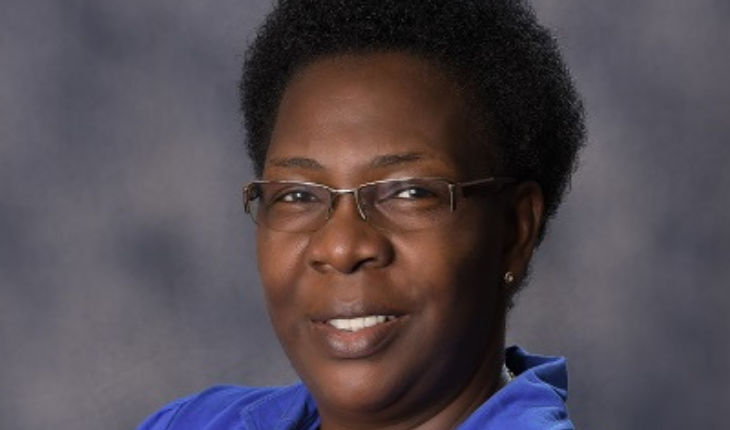Women require role models, and we need mentors
In this blog, Martha Muhwezi, Executive Director of the Forum for African Women Educationalists (FAWE) discusses female leadership with Jennifer Udeh, Head of Programmes and Partnerships at Education Sub Saharan Africa (ESSA).

We have been trying to find out what leadership means to different women. From your perspective, what does leadership mean to you?
"For me leadership is providing guidance which could be at the institutional level, varying from one institution to another."
There is also visionary leadership in terms of ensuring the organization is spearheaded in a manner to achieve its goals, mission and vision.
This comes across through the work you are doing with FAWE. Is leadership a focus area for the organisation?
The overall leadership of FAWE is a membership organisation so the mandate falls on members who are distinguished women leaders across the continent. The membership elects a board that oversees the implementation of the Africa Mandate on a three- year basis. Also, all that we do is guided by a 5-year strategic plan, in addition to a constitution.
That’s great. In terms of your programmes, are some of your priorities around women leadership?
Yes, we focus on women and girls and our expectation is that they are part of the decision-making process. Our scholarship programme for girls has a leadership element.
"Leadership should be part of the early stages of schooling and the day-to-day life of young people."
Girls tend to shy away from responsibility even when elected to positions, so the programme is about empowering, motivating and encouraging girls to take up leadership positions.
Is there enough information about the attitudes and perspectives of men and how it impacts women’s leadership? are there any gaps in knowledge and evidence?
I want to believe there is enough data and information that has been collected. I know the higher institutions of learning and research have done a lot in that area and when you go online you will find quite a lot of work. The gap is in the dissemination of information.
"Challenges in leadership and empowerment of women is worse in rural areas than in urban areas."
Information is intended for all including those at the grassroots levels but there is a challenge with sharing information with those who need it most.
is another barrier that women don’t have a network or support system to guide them into their career and leadership journey?
In the past, women were not able to talk about sexual harassment or report it but now we can access the information. There is a level of empowerment that has been passed on to women through role models.
"Women require role models, and we need mentors. One major mentorship component is for women to be each other’s keepers so in every environment it is important to support one another."
One of the programmes we developed was about empowering girls to say and mean ‘no’ and speak out about issues that happen. Women in leadership need respect and should not be looked down upon, they should be seen as people that are rightfully deserving of those positions.
This interview is part of our series of interviews with female leaders in education for International Women’s Day 2021.
Find out more about ESSA’s work using evidence to improve female leadership in education here.